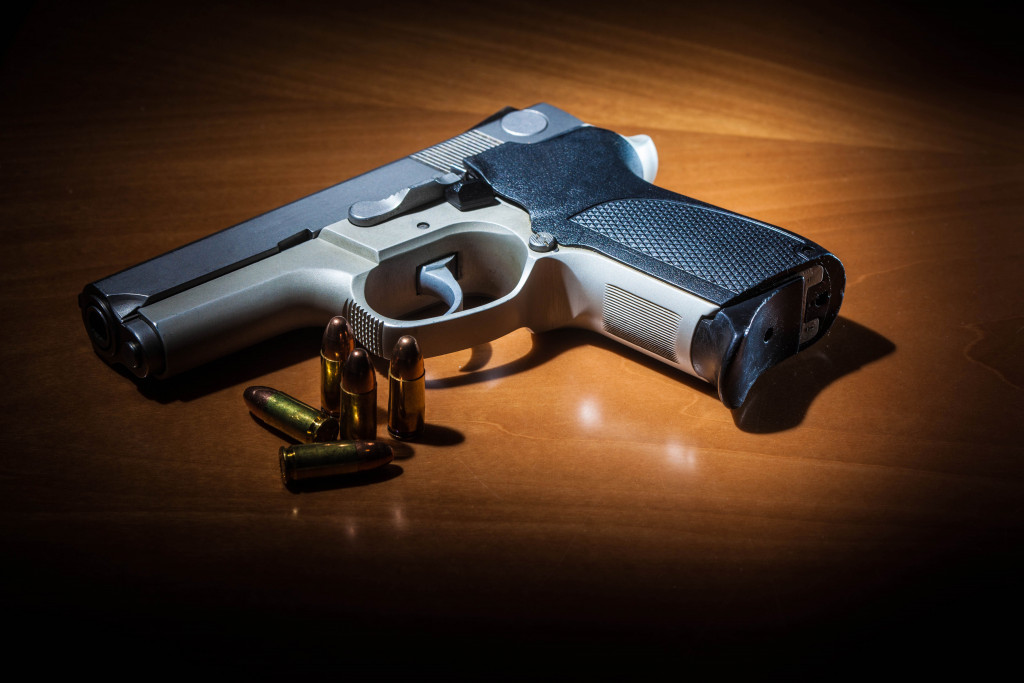The pandemic has caused more people to buy firearms. Federal background checks on firearm purchases in March 2020 breached one million in a week, a record high since documentation began in 1998. In the spring of 2021, however, 1.2 million background checks in a week broke this record. Since every firearm purchase requires a federal background check on the buyer, the number of such checks reflects the number of purchases.
According to The Trace, which tracks firearms sales, there were more than 2.3 million firearms purchases in January 2021 alone, a record number for a month but only since July 2020. In the first quarter of 2021, sales increased by 18 percent from last year.
FBI data shows that there were about 1.58 million units of firearms purchased in June 2021. Dr. Matthew Miller of Northeastern University stated that among owners of firearms in 2021, 73 percent are white, 63 percent are male, 12 percent are Hispanic, and 10 percent are Black.
Increased Purchases Began in 2020
The NY Times cites a study by Dr. Miller with Deborah Azrael of the Harvard Injury Control Research Center that surveyed 19,000 respondents in April 2020. Their data shows that some 17 million people or 6.5 percent of Americans bought firearms that year, representing an increase of 5.3 percent from 2019. About 20 percent of those buyers had never owned firearms before. Half of the buyers were women, 20 percent were Hispanic, and 20 percent were Black.
An employee at firearms shop in Roanoke, Virginia stated that buyers in 2020 included white-collar workers, such as those working in software and insurance companies. They were unfamiliar with handling firearms but wanted to have one at home as security during lockdowns.
Requirements for Firearms Dealers and Private Sellers
The right of private citizens to carry arms is guaranteed in the Second Amendment to the United States Constitution. Under federal law, however, licensed firearms sellers must do a federal background check on a buyer before completing the sale. They are also required to keep a record of the buyer’s name, age, and address based on a valid identification document that includes a photograph for verification.
Among those prohibited from purchasing firearms are minors; fugitives; persons with mental health problems; users of unlawful and controlled substances; persons indicted or convicted of any crime punishable by imprisonment of more than a year; persons convicted of domestic violence; persons who have used, attempted, or threatened bodily injury to a partner or child; persons under restraining orders due to harassing, stalking, or threatening another; illegal aliens; persons dishonorably discharged from the Armed Forces; and Americans who renounced their citizenship.

If after the sale, the licensed dealer receives information from a chief law enforcement officer that the buyer is prohibited from purchasing firearms, the dealer must provide the officer within one business day all information about the buyer. This information is confidential and is only for the authorities.
When transferring the firearm to the buyer, the licensed dealer must provide a “secure gun storage or safety device”. This means that the firearm should have a safety device that needs deactivation before firing the weapon. Secure storage can mean a case, locked box, or safe to keep the weapon under key or secured by a combination.
Likewise, in the licensed dealer’s showroom, weapons must be on display in fully secure gun display cases or cabinets that are unbreachable in case of break-ins. An ideal setup would have the weapons displayed in glassed cabinets that close into steel safes after store hours.
Private Sellers of Firearms
If the seller is not licensed, such as a hobbyist or collector selling from his private collection, a background check is not required by federal law. There are certain states that do require background checks even from private sellers through various regulations. These are California, Colorado, Connecticut, Delaware, District of Columbia, Hawaii, Illinois, Iowa, Maine, Maryland, Michigan, Minnesota, Nebraska, New Jersey, New York, North Carolina, Oregon, Rhode Island, and Washington.
In Florida, counties can require background checks for private sellers. In Massachusetts, private sellers can check the buyer’s Firearm Identification Card before making a sale. In Nevada, the private seller can request the Central Repository for Nevada Records of Criminal History do a background check on the buyer. In Pennsylvania, background checks are only required for handguns and short-barreled rifles or shotguns.
Licensed firearm dealers and trustworthy private sellers must be purveyors of responsible firearm ownership. They must be proactive in ensuring that firearms do not fall into the wrong hands. Only then can they truthfully stand up to the Second Amendment.

